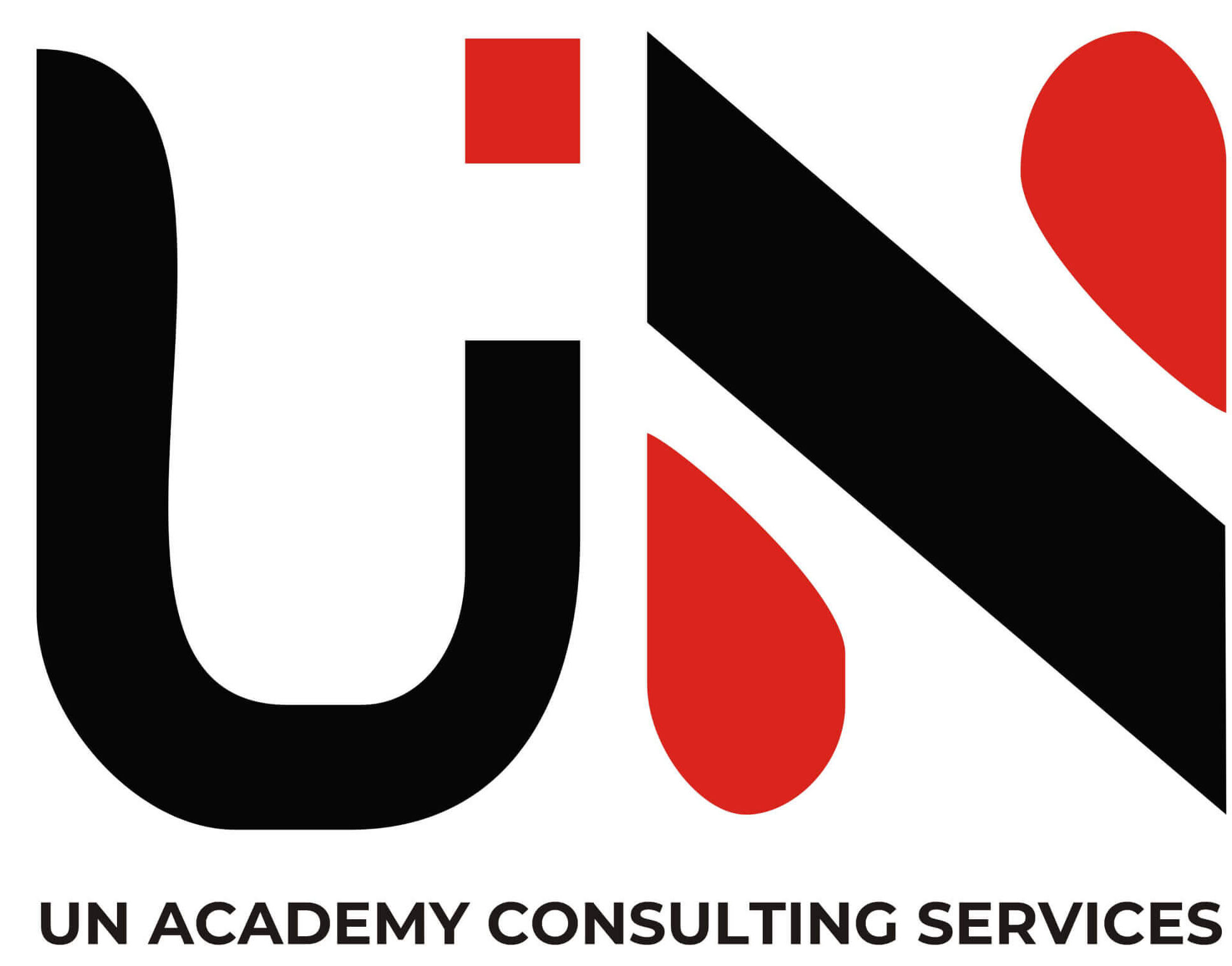Process Troubleshooting & Problem Solving
The Process Troubleshooting & Problem Solving course is designed to equip participants with the skills and knowledge needed to effectively identify, analyze, and solve problems in various industrial processes
- Course Schedule
Classroom Sessions:
| Date | Venue | Price |
|---|
22 - 26 Apr 2025
Doha - Qatar
$ 5,950
- Course Description
INTRODUCTION
The Process Troubleshooting & Problem Solving course is designed to equip participants with the skills and knowledge needed to effectively identify, analyze, and solve problems in various industrial processes. The course combines theoretical concepts with practical applications, providing a comprehensive understanding of troubleshooting methodologies.
WHY IT MATTERS
Data plays a crucial role in process troubleshooting and problem-solving. It serves as the foundation for identifying patterns, root causes, and potential solutions. Analyzing data enables participants to make informed decisions and implement effective strategies to address process issues.
OBJECTIVES
- Develop a systematic approach to troubleshooting in industrial processes.
- Enhance skills in data collection, analysis, and interpretation.
- Identify root causes of process problems.
- Apply problem-solving tools and techniques to real-world scenarios.
- Implement preventive measures to minimize future issues.
WHO SHOULD ATTEND ?
This course is suitable for:
- Process engineers
- Operations managers
- Quality control professionals
- Maintenance personnel
- Production supervisors
- Anyone involved in industrial processes seeking to enhance their troubleshooting and problem-solving skills.
- Course Outline
DAY 1
Introduction to Troubleshooting
- Overview of common industrial processes
- Importance of effective troubleshooting
- Introduction to the troubleshooting methodology
DAY 2
Data Collection and Analysis
- Methods for collecting relevant data
- Data analysis techniques
- Utilizing statistical tools in troubleshooting
DAY 3
Root Cause Analysis
- Understanding root cause analysis
- Various root cause analysis methods
- Case studies and practical exercises
DAY 4
Problem-Solving Tools and Techniques
- Introduction to problem-solving tools (5 Whys, Fishbone Diagrams, etc.)
- Applying tools to real-world scenarios
- Group exercises and discussions
DAY 5
Prevention and Continuous Improvement
- Developing preventive measures
- Establishing a continuous improvement mindset
- Case studies on successful troubleshooting and problem resolution
